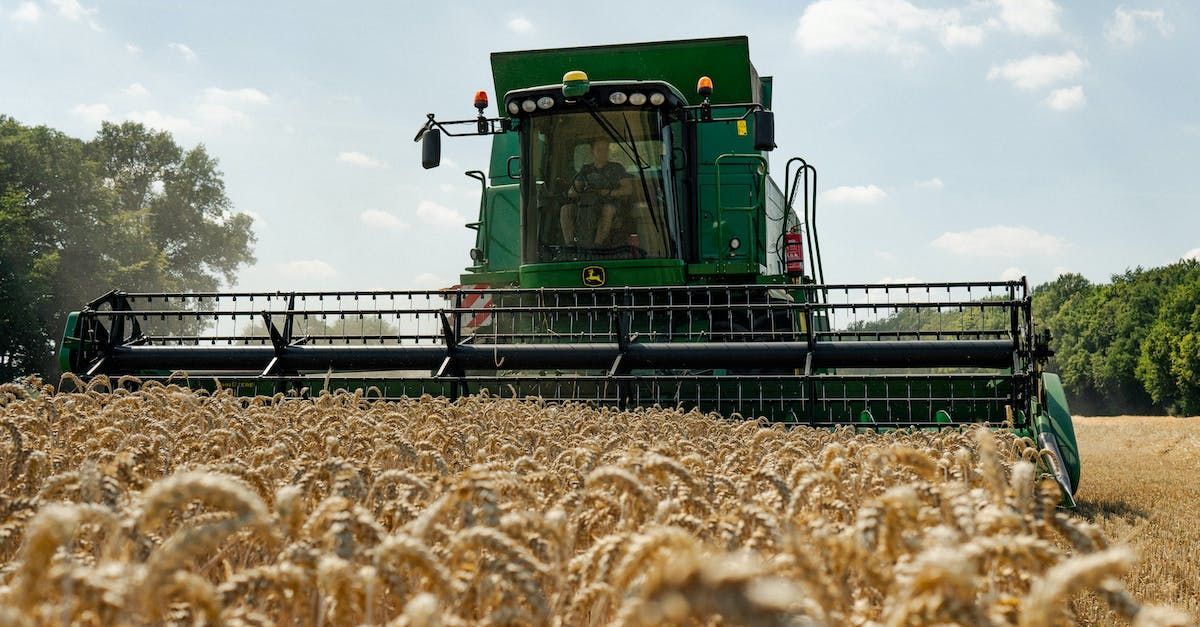ISCC Spraying decision
April 19, 2023
The International Sustainability and Carbon Certification (ISCC) System has come to the attention of many Western Australian farmers recently, as the scheme has changed one of its policies regarding aerial spraying.
What is the ISCC?
The ISCC is one of the world’s largest voluntary sustainability certification schemes enabling participants to demonstrate they are producing materials in a sustainable way that meets or exceeds community expectations. In Australia it is widely used in the canola industry, enabling Australian canola growers to access the European biofuel market. CBH Marketing and Trading holds certification for the ISCC EU and ISCC PLUS programs, that cover canola, barley, oats, wheat and lupin, allowing WA growers to participate in both programs.
Participating in the ISCC program can result in a premium on grain, however participants are subject to more stringent measures to satisfy sustainability accreditation requirements.
Recent decision on aerial spraying
ISCC Principle 2.6.2 prevents aerial spraying from taking place within 500 metres of a body of water. CBH has successfully lobbied for an exemption to this Principle, for farm dams and salt lakes of low ecological value. As part of its lobbying, CBH provided expert reports to the ISCC on the hydrology and ecology of WA farm systems.
For farmers who are signed up to the ISCC program, this removes an obstacle during the season for weed management. The Principle does still require a 500 metre buffer for other bodies of water, including freshwater lakes, rivers, ponds or creeks.
However, for those who farm yabbies and marron, this change may not be welcome. Marron and yabby farmers have noticed impacts on their populations where aerial spraying has taken place close to their properties, and aerial spraying can unintentionally damage natural vegetation, including young and old growth trees.
For growers, it’s always prudent to follow best practice guidelines for aerial spraying to avoid spray drift – including monitoring weather conditions and the effect of water added to the chemical.
For some farmers, this decision may prompt an examination of whether signing up to the ISCC program might be best for their business. In this circumstance, it is important to weigh up the potential benefits of the program compared to the sustainability accreditation requirements.
For others, this decision is a timely reminder to stay up to date with best practice guidelines when it comes to spraying, particularly during the seeding season.
For assistance with all of your agribusiness needs, contact Bailiwick Legal on 08 9321 5451 or email office@bailiwicklegal.com.au
By Ciara Nalty (Solicitor)
For further information about our legal services, please visit our website: https://www.bailiwicklegal.com.au
The above information is a summary and overview of the matters discussed. This publication does not constitute legal advice and you should seek legal or other professional advice before acting or relying on any of the content.












